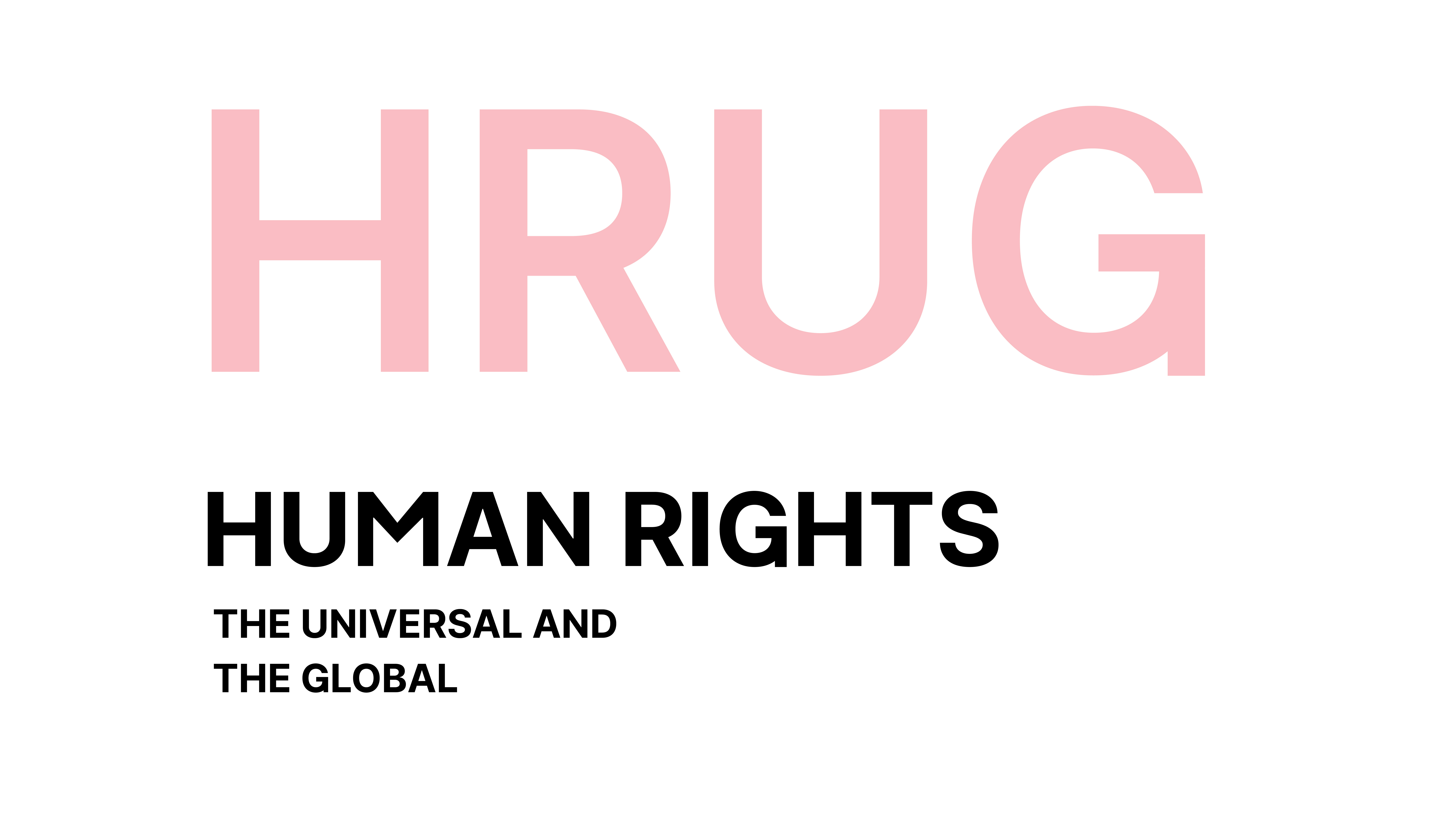It is ‘only’ an Advisory Opinion, and the topic is not really new on the agenda. However, we should say that with the decision the Court took on Wednesday, the 23rd of July is in fact a breakthrough. It raises the issue of human rights to a new level: It is justified to see in the decision a summary and focussing of legal decisions from different areas: one can think of decisions of the Court itself, but also of decisions of national courts – be it decisions that directly concern environmental issues and attributions of responsibility; or be it decisions that deal with questions of political protests (possibilities and limits of civil disobedience …).
New is a broad participation, when preparing the unanimously adopted document: During public hearings states and international organisations presented their positions.
One of the difficulties must be seen in determining
whether international human rights law forms part of the most directly relevant applicable law (143)
Ther decision, as it is now taken, means that the previous vagueness is overcome in favour of highlighting that environmental issues must be seen in the light of Human Rights. We witness an important step towards a new take of Human Rights: It is a further shift away from a purely individualist take, taking in some way the rights of humanity into account.
Though it must be seen as only valid ‘in some way’, looking at the difficulties to
determine whether certain other principles are part of the applicable law for the purposes of the present Advisory Opinion. Participants variously considered that the Court should address the principles of sustainable development, common but differentiated responsibilities and respective capabilities, equity, intergenerational equity, the precautionary approach or principle, and the “polluter pays” principle. Most of these principles are referred to in the UNFCCC as guiding the interpretation and implementation of the Convention and related instruments (preamble and Article 3) (146)
Without playing the decision down, it must be seen that speaking of ‘principles’ means in fact that we are dealing with an array that is contested: principles mean that parties are guided by them, or, turning it around: they do not establish a legally secure space.
Moreover, and coming back to the validity ‘in some way’, we must recognise that the fundamental assumption is still the anthropocentric worldview, with a slight revision of the capitalocentric perspective. It cannot be interpreted in any other way than suggesting that sustainability is not seen as concerning the planet but maintaining the foundations of the economic system, redefining some parameters in order to preserve the principle defined in the bible where Genesis 1:28 reads
God blessed them and said to them, “Be fruitful and increase in number; fill the earth and subdue it. Rule over the fish in the sea and the birds in the sky and over every living creature that moves on the ground.”
So, a very harsh reading sees sustainability as securing the lasting role of the planet and ‘nature’ as servant of humans.
Of course, at the end we face a problem that must remain as tension without definite solution:
- human beings are part and part and of nature and vice versa
- production and reproduction is part of human existence and vice versa
- and thus it is impossible to draw a clear line of distinction, or possibly separating one from the other.
The question is a balance act and a matter of priorities, in the Advisory Opinion pronouncedly issued in the reflection on equity, where we find – in para 153 a quote that allows to understand the problematique:
“[i]t is not a matter of finding simply an equitable solution, but an equitable solution derived from the applicable law. As the Court stated in the North Sea Continental Shelf cases: ‘. . . it is not a question of applying equity simply as a matter of abstract justice, but of applying a rule of law which itself requires the application of equitable principles’ (I.C.J. Reports 1969, p. 47, para. 85).” (Fisheries Jurisdiction (United Kingdom v. Iceland), Merits, Judgment, I.C.J. Reports 1974, p. 33, para. 78; see also Frontier Dispute (Burkina Faso/Republic of Mali), Judgment, I.C.J. Reports 1986, p. 633, para. 149.)
Of course, this goes far beyond the question of nature/environment/responsibility … – it goes also far beyond the question of individual and/versus collective rights.
- It questions explicitly – though without referring to the legal-doctrinal terminology – a strictly positivist understanding of Human Rights,
- without falling into any kind of voluntarism
- although requiring a more or less far-reaching revision of what universalism means.
This is also very much at the core of the work of the group HRUG. Developing relevant orientations in a general perspective will also be issued in a new book that will be published as part of the series Human Rights – Looking Towards the Future
Edited by Peter Herrmann, PhD – Research Fellow, Human Rights Center, Law School, Central South University, Changsha, PRC
Mao Junxiang – Human Rights Center, Law School at the Central South University, Changsha, PRC
The new volume will be edited by Mehmet Mehmet Okyayuz and Peter Herrmann, the (working) title reads
“Human Rights: The Global Struggle for Dignity, Equality, and Justice”
